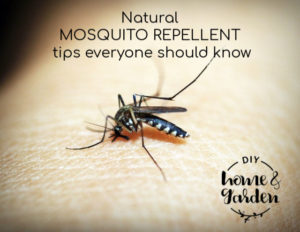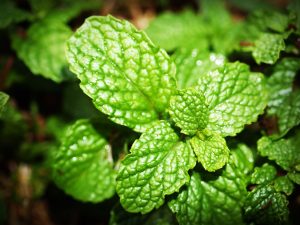There are simple ways, as a homeowner, to keep bugs off your property to protect your home, and one of those methods is to make your home green as it can be. These pest repellent plants combat bugs and can bring color to your backyard in the process.
1 – Lavender
This particular plant repels fleas, mosquitoes, moths, and flies. It has been used to give a naturally sweet scent to your homes and clothes drawers for decades. While people love the smell of lavender, mosquitoes, flies and other unwanted insects have despised it. To help keep flies outdoors, place tied bouquets in your home.
Be sure to plant it in sunny parts of your house or near entrances to your house to help keep pest-free in those areas. Oil derived from the flowers can also be used as a mosquito repellent that can be applied to exposed skin before going into the garden.
However, if you already have household pests lurking around your property, you can call your local pest exterminator to inspect your home, while you plant pest repellent plants against future occurrence.
2 – Basil
Tasty to eat, basil also good at repelling houseflies and mosquitoes. Place basil containers all over outdoor areas where you like to unwind.
Here is another way you can use it. Pour four ounces of boiling water into a tub with a generous handful of leaves and stems to create your own natural insect repellent. Let the combination steep, strain for several hours, and then add four ounces of vodka. Pour the mixture into a spray bottle to spritz on when outside.

3 – Lemongrass
Lemongrass is another mosquito repellent. You have undoubtedly seen citronella candles in stores, especially during the summer, and read about how citronella keeps mosquitoes away. This is a natural oil found in lemongrass, an ornamental which can grow up to 4 feet tall in one season and 3 feet wide.
It’s worth noting that lemongrass is not just the name of one plant; it’s the umbrella name for plants in the Cymbopogon family, which also includes citronella grass. This grass with wonderful culinary uses is resistant to disease only in southern Florida, so almost everyone else will have to grow it as a yearly. It will do well in a plant pot or at a sunny, excellently-drained location in the ground.
4 – Mint
Mint is wonderful pest control for a wide range of bugs, including aphids, ants, mosquitoes, cabbage moths, and beetles. The fragrance is the main dissuasive, and the herb itself grows easily because it requires little water. You probably should plant mint in a pot, though, because it can overtake your garden if left unattended.
Here is a tip for planting: Mint can be easily purchased in many markets, usually in a pot, and ready for transplantation. Many wax well in the shade. Every few months, add a thin layer of compost or organic fertilizer. In cold climates, overflowing pots will need winter protection.

5 – Lemon thyme
One of the mosquito repellents. Lemon thyme is a hardy herb and can adapt to dry or rocky, shallow soil and grow in your garden, rock garden, as long as it is in sunny places. This plant is not repelling mosquitoes by itself. You must first cut or bruise the leaves to release the chemicals.
Simply cut off some stems to do this, and rub them in both your hands. It is advisable to make sure that the natural components of the plant will not negatively affect you before you do that. Check your tolerance by rubbing out broken leaves for several days on a small area on your forearm.
6 – Petunias
These tiny flowers hold a scent that deters common pests in the garden, including aphids, squash bugs, and hornworms. Twenty different species of petunias exist, so planting these will bring a cascade of color to your house. Since they attract caterpillars and slugs, don’t plant these too close to all of your house.
Tips when planting: Several stores sell petunia seeds and transplants, such as your local hardware dealers and the big box stores. You should buy transplants as they can grow much faster in your backyard. Petunias are not high maintenance and need only be watered once a week.
7 – Rosemary
You might just think of rosemary as an excellent ingredient for dishes, but the herb is great to repel insects as well. The strong fragrance wards off annoying midges and gnats. Keeping a whole rosemary plant in your kitchen, close by for cooking but also useful for keeping bugs out of your house.
The Bottom Line: Add Beauty and Beat Bugs with These Pest Repellent Plants
Don’t accept a buggy back yard! Try planting these multi-tasking pest repellent plants. Happy gardening!

